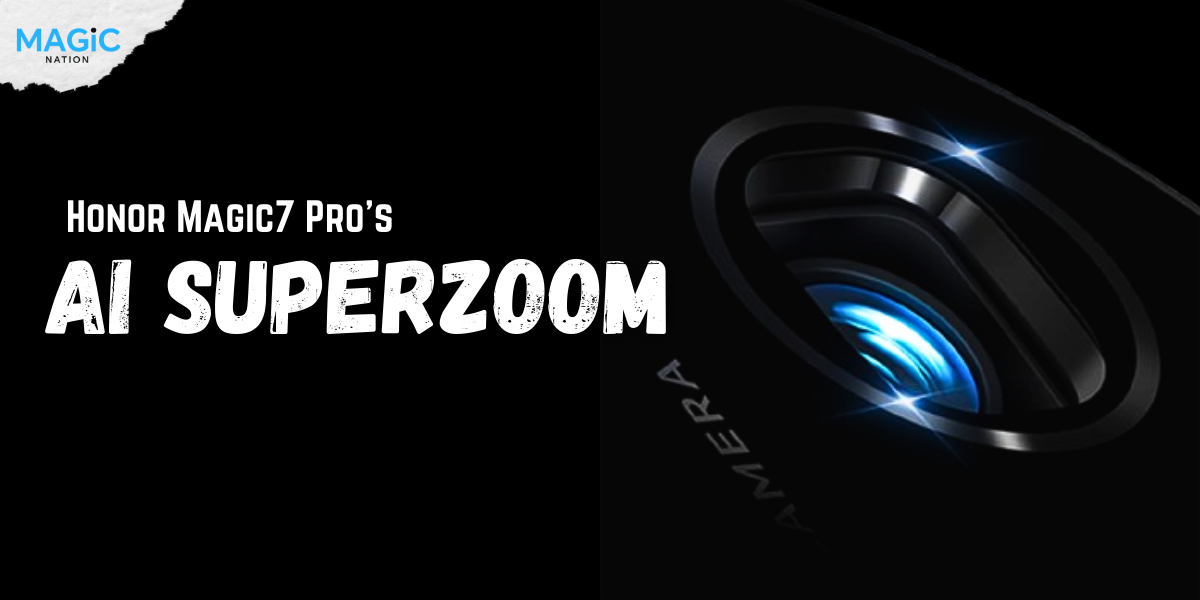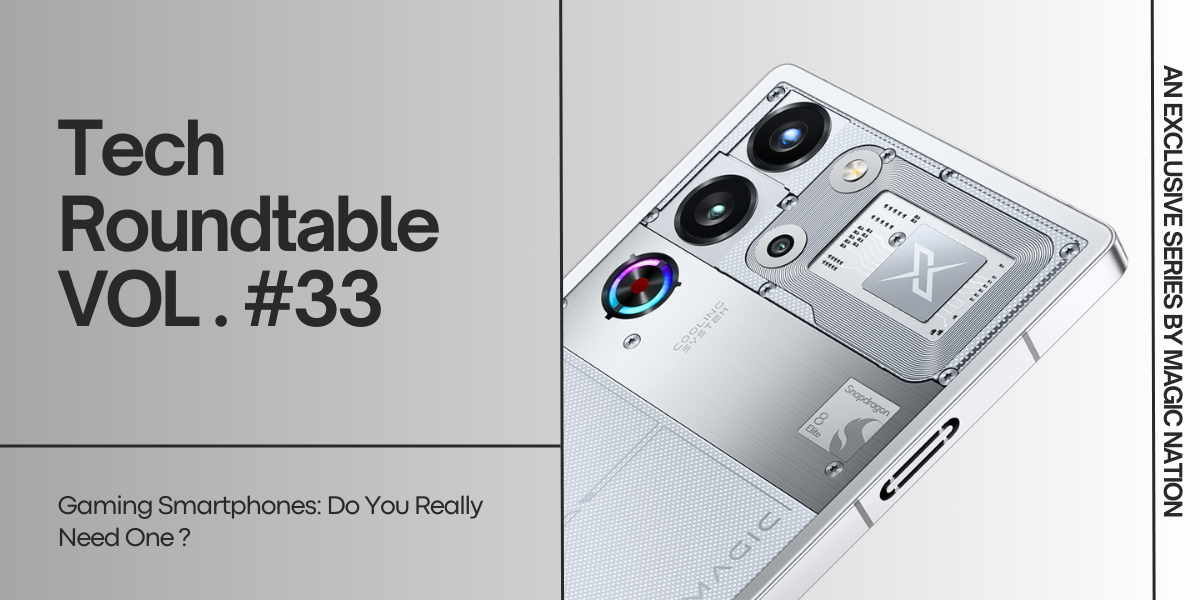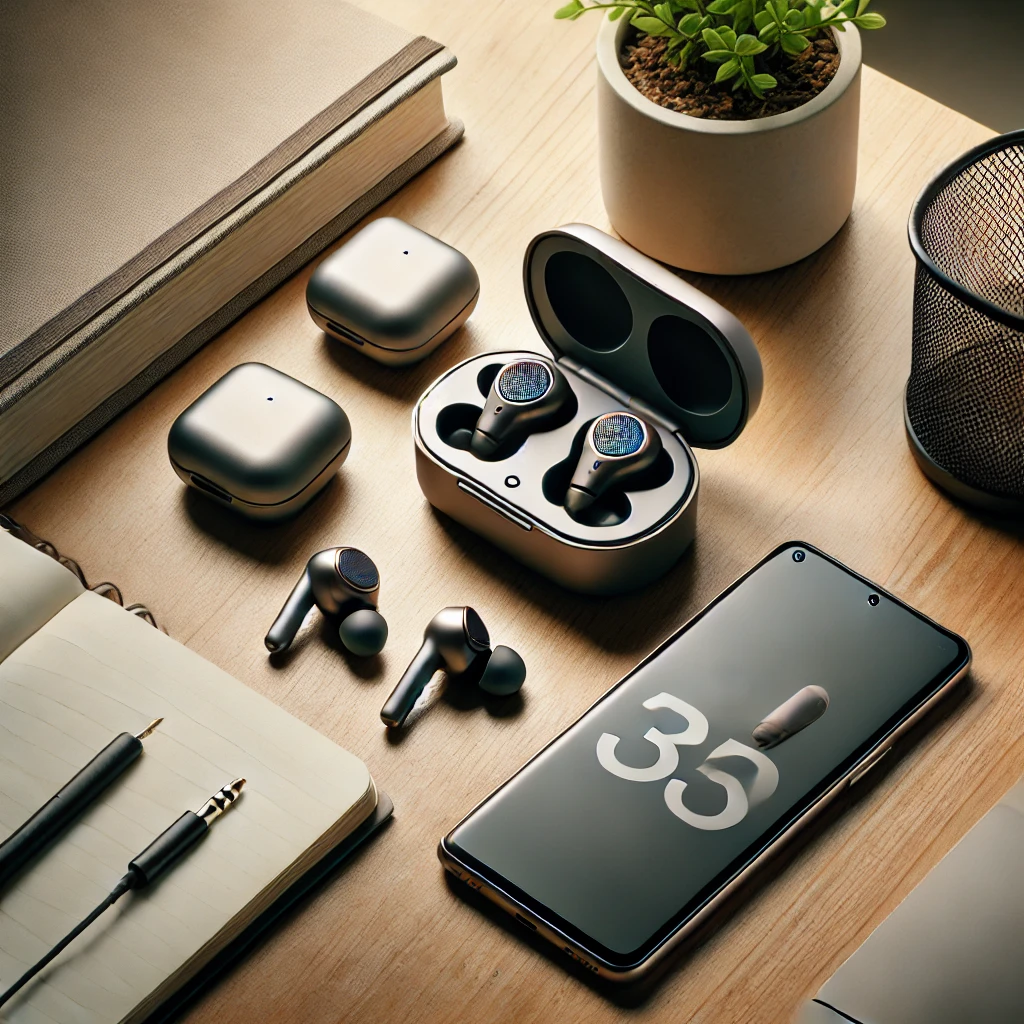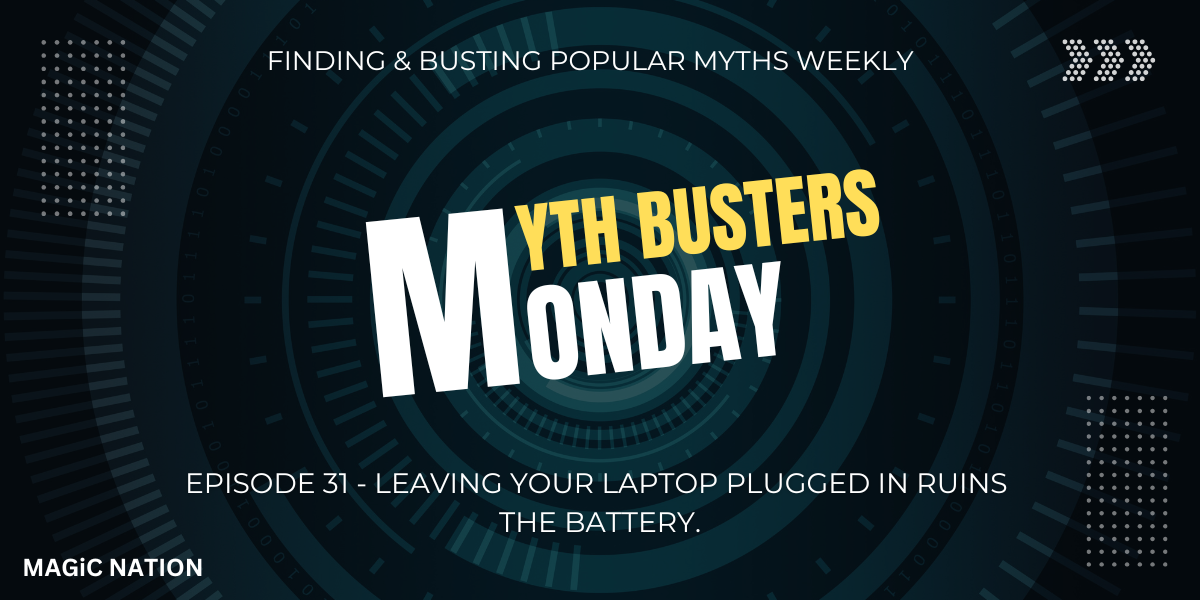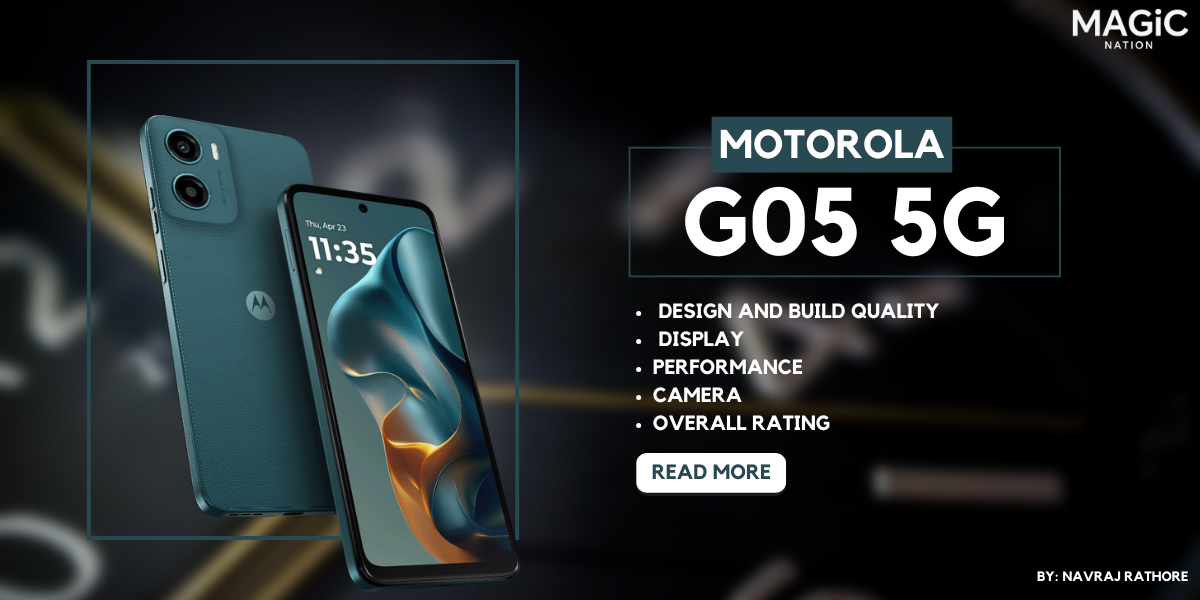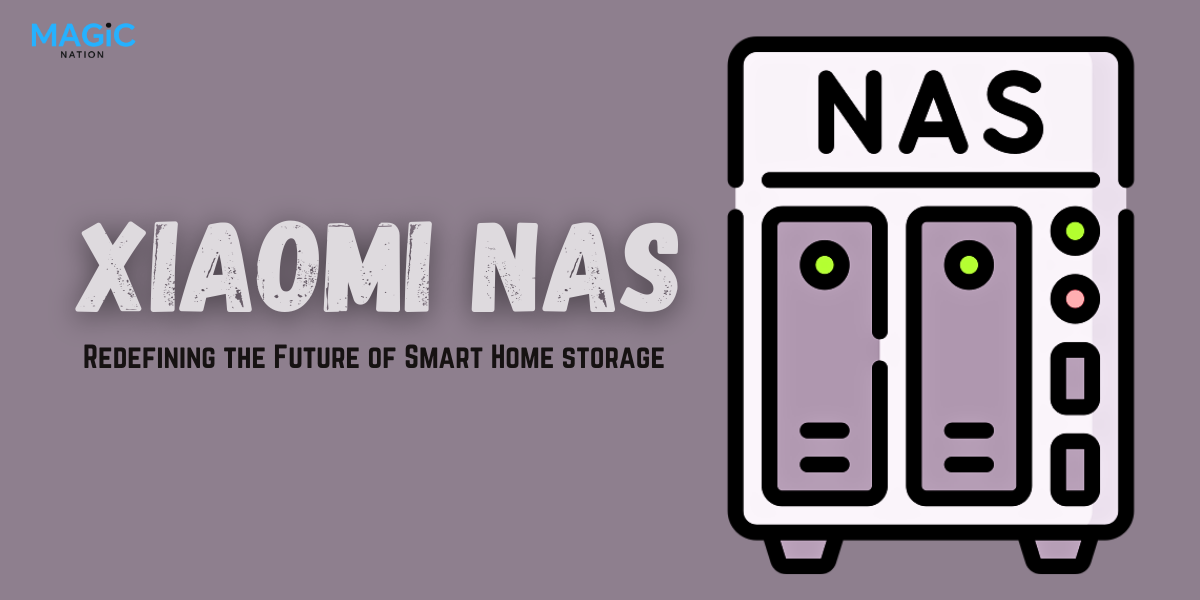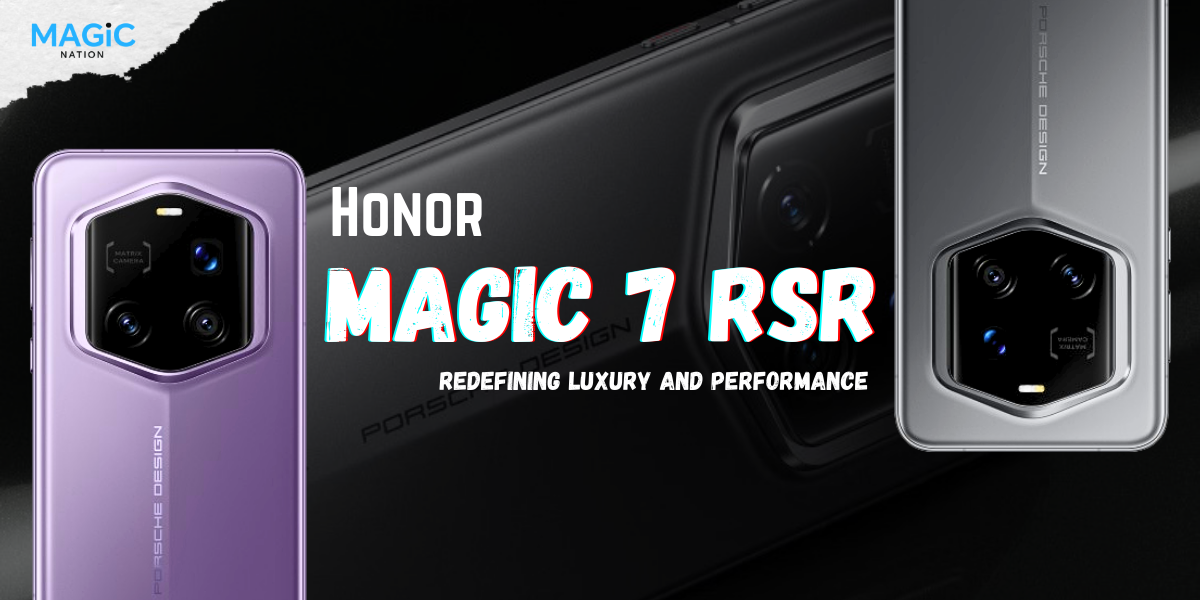
In today's digital age, concerns about the impact of blue light emitted by screens on our health have prompted the rise of blue light filter glasses as a potential solution. These glasses claim to alleviate eye strain, improve sleep quality, and protect against potential long-term damage caused by prolonged exposure to blue light. But amidst the marketing buzz, the question remains: are blue light filter glasses actually effective?
Let us start by understanding what blue light is and how it is harmful to humans.
Blue light is part of the visible light spectrum and is emitted by electronic devices such as smartphones, computers, and LED lights. Exposure to blue light, especially in the evening, can disrupt our circadian rhythm by suppressing the production of melatonin, the hormone responsible for regulating sleep-wake cycles.
Proponents of blue light filter glasses argue that by blocking or filtering out a portion of blue light, these glasses can mitigate the adverse effects associated with excessive screen time. However, scientific evidence regarding their effectiveness remains inconclusive.
Several studies have investigated the impact of blue light filter glasses on reducing eye strain and improving sleep quality. While some studies have reported positive outcomes, others have found little to no significant difference compared to wearing regular glasses or no glasses at all. The variability in findings could be attributed to factors such as study design, participant characteristics, and the duration of blue light exposure.
Moreover, the effectiveness of blue light filter glasses may depend on individual factors such as visual sensitivity, screen usage habits, and pre-existing eye conditions. While some individuals may experience noticeable relief from eye strain and improved sleep patterns with blue light filter glasses, others may not perceive any discernible benefits.
Instead of relying solely on blue light filter glasses, experts recommend adopting other approaches to reduce the adverse effects of screen time, including:
- Limiting screen time, especially before bedtime.
- Using software applications and device settings to adjust screen brightness and color temperature.
- Practicing the 20-20-20 rule: taking a 20-second break to look at something 20 feet away every 20 minutes.
- Creating an ergonomic workstation setup to minimize physical strain.
- Prioritizing regular eye exams to detect and address any underlying vision problems.
In conclusion, while blue light filter glasses may offer some degree of relief for individuals experiencing eye strain or sleep disturbances related to screen time, their effectiveness remains a subject of debate within the scientific community.
Have you ever used Blue Light Filter Glasses and has it proven to be useful in your usage scenario? Let me know your thoughts on the topic in the comments below.


